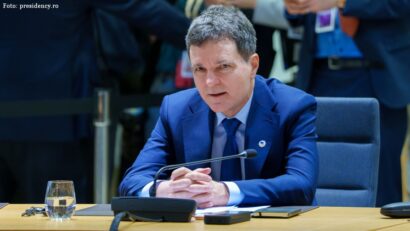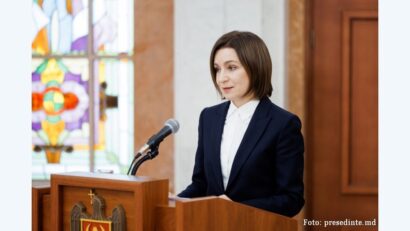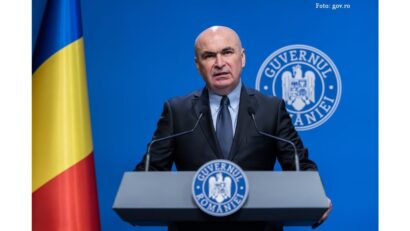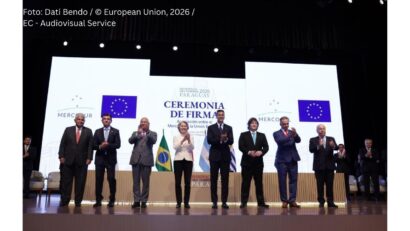Parliamentary Report on Rosia Montana
The conclusions of the special parliamentary committee dealing with the Rosia Montana gold mining project should settle the issue once and for all. Pundits, however, expect more polemics.
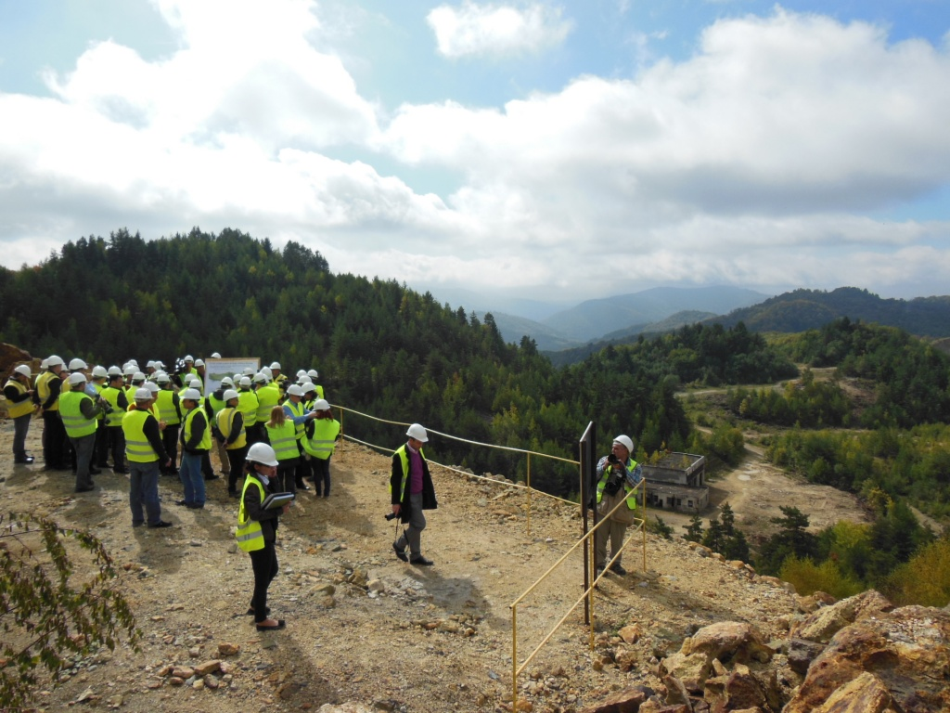
Bogdan Matei, 08.11.2013, 12:10
The gold mining project in Rosia Montana has stirred more public debates than any other issue facing Romania in the past months. As 2013 is not an election year, not even political disputes could shadow the debate on this issue, which is both ecologic, economic and moral in nature.
According to geologists, Rosia Montana is home to the largest gold ore in continental Europe: over 250 tons, worth some 11 billion dollars. Moreover, the underground also hides 1 thousand 6 hundred tons of silver, evaluated at approximately 3 billion dollars, as well as rare metals such as titanium, vanadium, nickel, cobalt and wolfram, metals that are used in aero spatial, military and medical industries and which, according to specialists, are worth more than the very gold and silver ores.
The entire mining area was leased years ago to the Canadian company Gabriel Resources. And, since then, both in the country and abroad people have protested against the use of the announced cyanide based technology, which would be used to extract the gold. Supporters of the project promise new jobs and some one billion dollars in royalties that would go to Romania’s budget.
Opponents, on the other hand, say that the value of these royalties is rather insignificant, and stress the devastating effects of the use of cyanide based mining on the environment and on the site that is home to two millennia old galleries, built when the Apuseni Mountains were part of the Roman Empire. The intensity of the disputes forced the political class to react. A special parliamentary committee was set up to analyze the situation and make recommendations regarding the mining project. After weeks of hearing representatives of Gabriel Resources Company, local community, green organizations, the Romanian Academy and the Orthodox Church, the committee announced it would present its conclusions on Monday.
Criticized by almost everybody, the draft law under which the Government had leased Rosia Montana has already been substantially modified following the debates. However, the ruling National Liberal Party, supported by the opposition Democratic Union of Ethnic Hungarians, now calls for the rejection of the entire project, while its ruling partners, the Social Democratic Party and the Conservative Party, insist the project should be modified. This has only fueled suppositions that the Rosia Montana issue will again shake the very unity of the ruling coalition.

